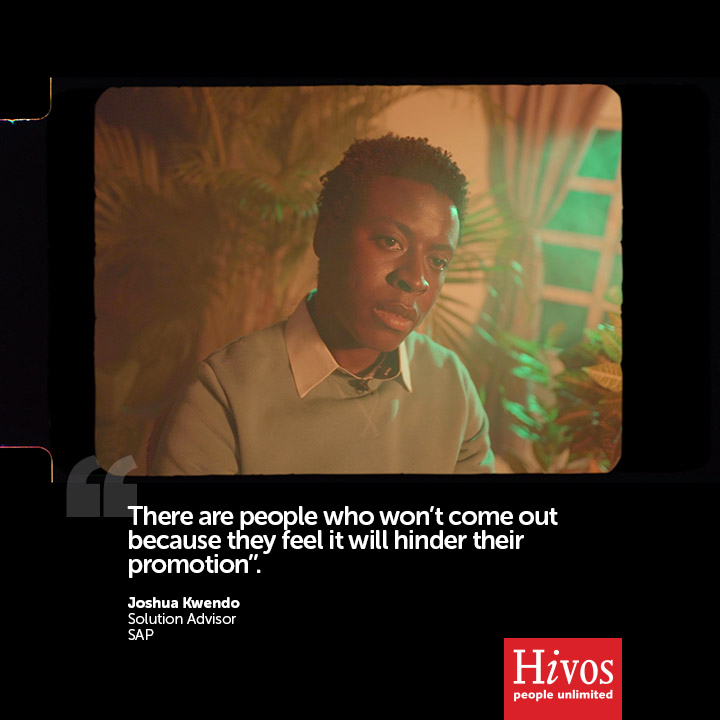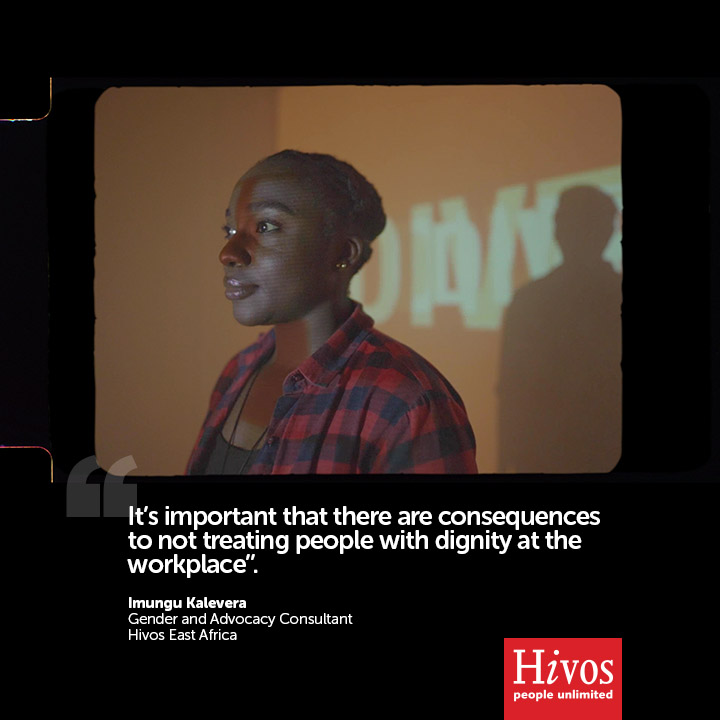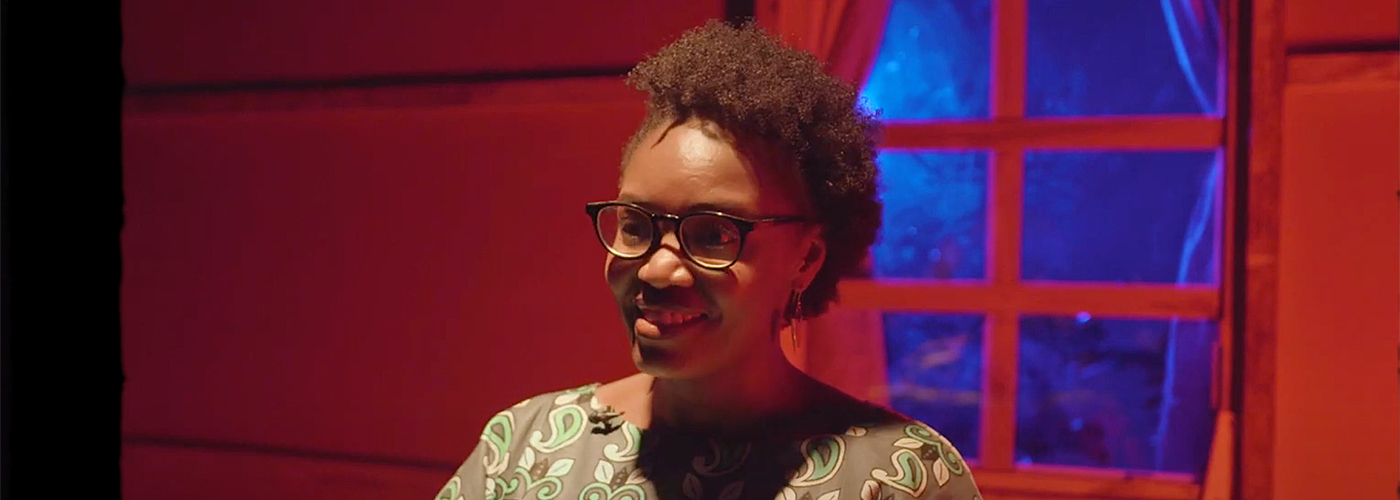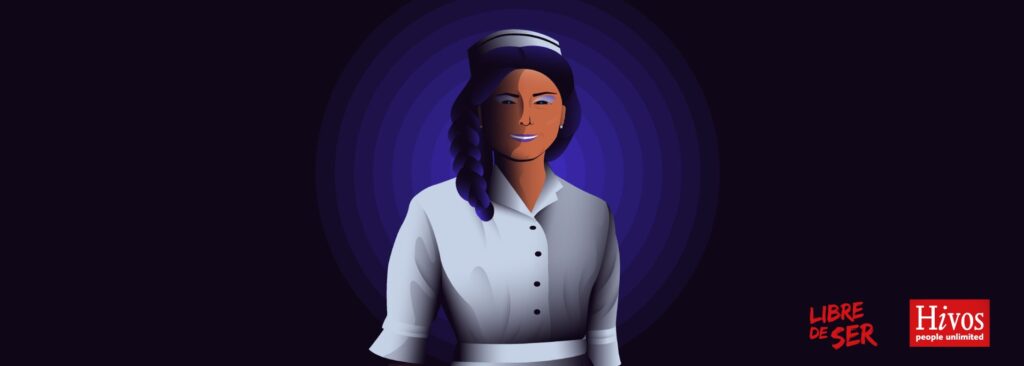Working towards diverse and inclusive workplaces
By Sally Akinyi and the team in Hivos East Africa
‘’Our organization does not tolerate any form of discrimination based on age, sex, disability, sexual orientation or gender identity.’’
This is a statement that hangs on the boardroom walls of most organizations or appears in email signatures to externally position their stand on issues around diversity and inclusion. However, experience shows that walking the talk is a far much more effective way of keeping such promises.
Human Rights Day 2020 is being celebrated against the backdrop of a pandemic that has ravaged lives socially and economically. It has also revealed the true extent of glaring race, gender and sexuality injustices in organizations.

While Covid-19 does not discriminate, it is evident that it hits women, persons with disabilities, and LGBTIQ communities disproportionately hard. Additionally, social distancing and other prevention measures (important as they are) have unwanted negative impacts on the lives of marginalized groups. They are more exposed to abusive partners, family members and societies, as we have seen in the spikes of new cases of violence against women, intimate partner violence, and homophobic attacks all over the world.
On the other hand, we know that inequality has been a persistent “pandemic” infecting the world of work. Rooted in toxic cultures that harbor systemic prejudice against women and sexual minorities, workplaces have long been breeding grounds of stigma and discrimination.
While many organizations have worked hard to safeguard workplaces so their employees can work freely and safe from harassment, the pandemic now offers a unique opportunity to deploy strategies that allow diverse groups such as LGBTI persons to thrive.
Coping with the pandemic
A recent survey by McKinsey on how diverse employees are coping with the pandemic revealed that LGBTI persons disproportionately fear losing ground at work. Some are afraid of being isolated due to cognitive biases, and others of being fired without just cause.
This survey is not far off from a study that Hivos conducted in 2015 on the value of “inclusive workplaces”: workplaces where all employees feel valued and respected regardless of their sexual orientation or gender identity. The study concluded that international organizations need to break the silence on sexual and gender discrimination and openly discuss LGBTI rights and support LGBTI persons in the workplace.
We share the same message on this Human Rights Day. We are calling on companies and organizations to build back better from the Covid-19 pandemic by creating healthy and diverse workplaces with zero tolerance for biases and stereotypes harmful to minority groups.
Bridging the Gap
Hivos’ film “Bridging the Gap” speaks to this message by showcasing the stories of allies, champions and defenders of diverse and inclusive workplaces. Levis Maina, Njeri Munyiri, Kalevera Imungu and Joshua Kwendo share their personal experiences and show that being a change maker means not just showing compassion, but treating others with dignity, fairness and respect.
And as allies who are also leaders in their own capacity, they demonstrate that diversity in leadership is also a must for organizations and companies that are serious about creating an inclusive culture. Diverse leadership teams will be essential in creating a new world of work after the Covid-19 pandemic.
We believe that leaders in places of work should be quick to change attitudes that block career advancement and prevent employees from being themselves. As Levis Maina puts it, “You shouldn’t leave a part of yourself outside and show up at the workplace as a different person.’’
Workplaces that foster acceptance of diversity are emerging both as smart and ethical environments and as businesses with a host of benefits, like more innovation, higher revenues and better talent acquisition.
“Bridging the Gap” is just Hivos’ latest way of bringing diverse voices together through allies to push for true equality at the workplace. Our call for action is simple: “Free to be Me’’.



